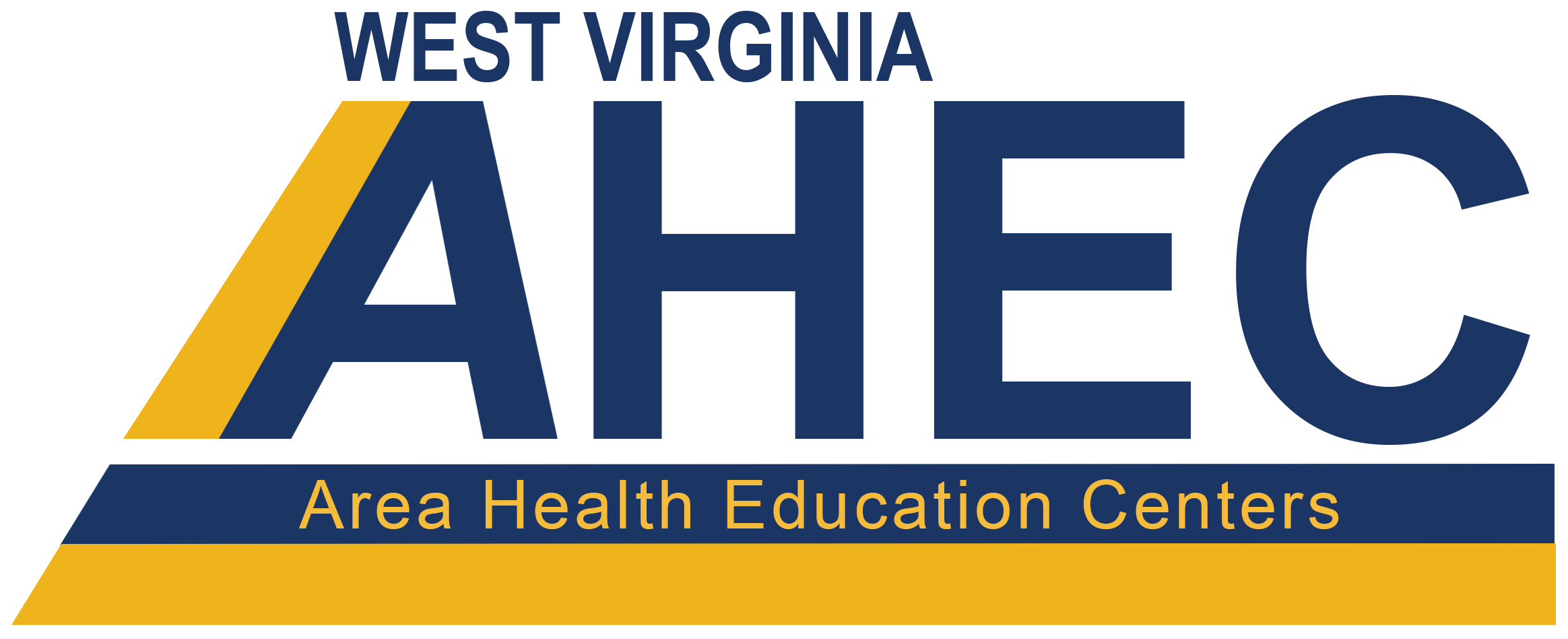During National Minority Cancer Awareness Month, we’re highlighting the work our WVU Cancer Institute does every day. They’re constantly working to raise awareness about cancer-related health disparities for our rural communities, as well as communities historically linked to discrimination or exclusion.
Despite improvements in life expectancy and overall health, many Americans are not benefitting equally from these advances. For instance, 95% of counties in West Virginia are defined nationally as medically underserved, leading to poorer health for our rural residents. Health outcomes are even worse for rural residents who intersect with other identities, such as being a person of color, being a transgender person, having a disability or having a mental illness.
At WVU, we’re working to not only treat cancer, but to prevent it. We’re doing that by meeting our residents where they are, especially in the rural nooks and crannies of our state. We have unique geographic and demographic challenges here in West Virginia that can limit access to quality care. That’s why programs like Bonnie’s Bus are so important.
Bonnie's Bus is a mobile mammography unit that travels across the state, offering breast cancer screening in a comfortable, convenient environment. Since 2009, Bonnie’s Bus has provided more than 23,000 mammograms and detected more than 120 cases of breast cancer. Later this year, we’ll announce another unique program that will greatly serve our population.
Mountains of Hope, the West Virginia Cancer Coalition, is focused on health equity through prevention, early detection and quality of life. They promote interventions at three levels — individual, practice and policy. While promoting individual healthcare, they’re also working to improve policies that contribute to health, such as making communities safer to walk or prompting health insurance companies to cover biomarker testing for certain cancers.
The work of the WVU Cancer Institute is no small feat, but they’re quick to point to the roughly 700 partners who help grow their work. From federally qualified health centers and other academic institutions to faith-based organizations and nonprofits, they’re connecting the dots all across the Mountain State. These partnerships are key to their success, as they meet people where they are.
As Winston Churchill said, “The pessimist sees difficulty in every opportunity. The optimist sees opportunity in every difficulty.”
Together, there is no feat we cannot accomplish.
Let’s go.
Clay Marsh, M.D.
Vice President and Executive Dean
WVU Health Sciences

